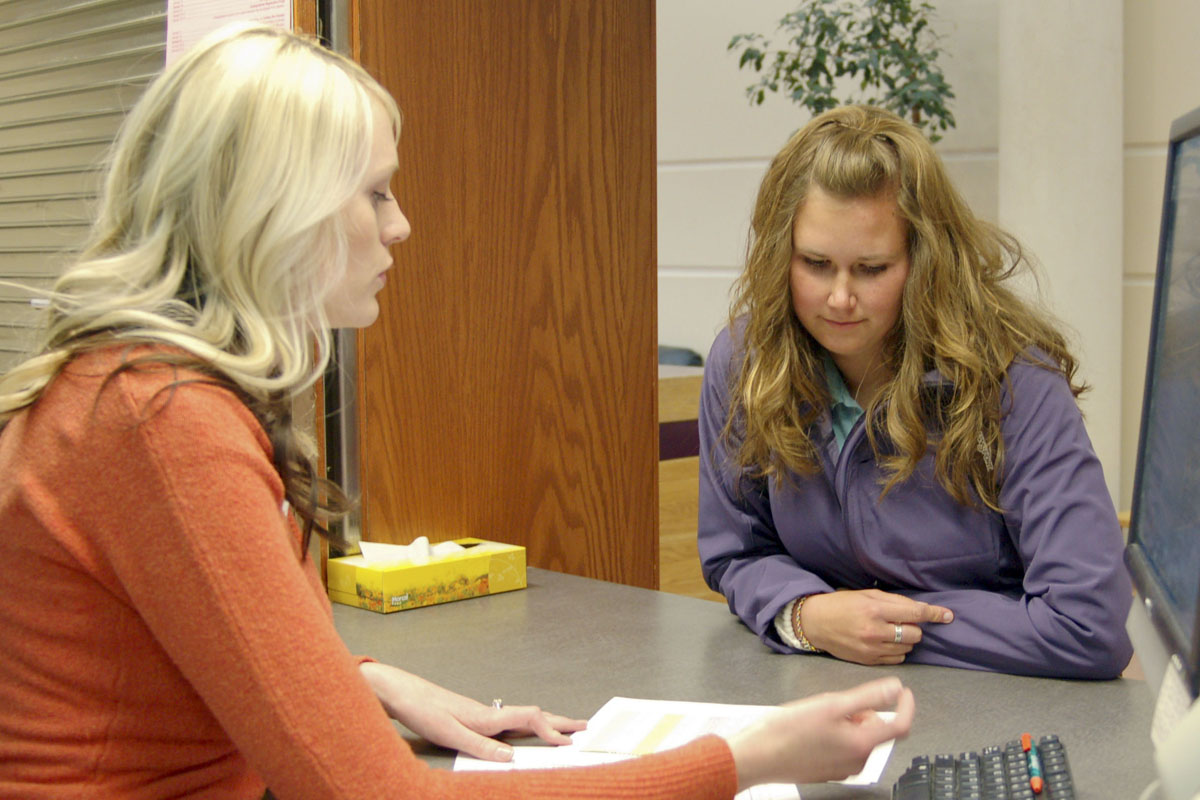Board proposes tuition and student fee hikes
Students are likely to be hit with an increase of tuition and student fees totaling around $400 annually in the fall.
The proposed increase is due to a 4 percent climb in Tier II tuition as well as a 2.68 percent jump in student body fees. The changes, which were decided by the Tier II tuition board and the university student fee board, will be accompanied by a 5 percent increase in Tier I tuition, which is decided by the Utah Board of Regents if the decision is passed.
James Morales, Student Services vice president and the only non-student member of the student fee board, said the increase is very reasonable compared to other universities.
“It’s about $390 a year, which is significant, but it’s not thousands of dollars,” Morales said. “I’ve heard of increases as large as 28 percent. A 9 percent increase on an already very low tuition is not bad.”
Morales said Tier II tuition is decided by the university, and combined with Tier I tuition, which is decided by the state and applied to all state funded universities, makes up the total amount of tuition paid by students. The primary purpose of Tier II tuition, he said, is to support student initiatives, compensate the institution and defray all the costs associated with higher education. The Tier II tuition board, which consists mainly of ASUSU student officers, works in conjunction with the university president and Board of Trustees to go over the school’s budget and propose changes in tuition each January.
“What’s troubling this year is that the state support that comes to us has been declining,” Morales said. “At this point it represents only about 27 percent of the total budget.”
Morales said while many students may believe that their tuition is covering the cost for their education, that just isn’t the case. Only 16 percent of the school’s budget comes from tuition. The rest comes from grants, which make up 34 percent, private donations, auxiliary services such as the bookstore and various other sources which total up to 23 percent.
Spencer Baily, a voting member of the student fee board, said the slight increase in student fees was primarily used to cover the growing cost of programs already in place, citing specifically an increase in funding for the Aggie Shuttle.
“Our No. 1 priority was whether or not the fees would be burdensome to students,” Baily said. “The only new fee that was created was the Blue Goes Green fee and that was voted on by the general student population.”
Baily also said that all increases were appropriate and moderate considering the economic conditions
Brent Crosby, ASUSU executive vice president and chairman of the Tier II tuition committee, said while the increases were moderate, he thought “poorly” of them.
“I hate to see the burden be placed on the backs of students too much,” he said. “Ultimately, tuition is going to go up and the quality of education is going to go down.”
Despite the tuition hikes, it won’t be enough to compensate for the loss of state funding, Crosby said.
“Professors are going to be losing their job, class sizes are going to grow,” he said.
Crosby said that the primary reason for a lack of funding from the state is the economic downturn the past few years. Because two-thirds of the schools funding comes from tax dollars, when people aren’t making as much money schools don’t receive as much. Crosby also said that tuition is raised annually, and unfortunately, usually outpaces inflation.
“I would say that this year we’ve raised it a little bit more than usual,” he said. “I hate to say it, but it could have been a lot worse with the way the economy is doing.”
Crosby also urged students to get informed and get involved. It’s a common belief in Utah, he said, that the state government is not spending enough on public or higher education, a view that he strongly agrees with.
“There is a sentiment in the legislature right now that because we’re subsidizing degrees that people wont necessarily use for their job, such as a drama degree, that we’re wasting money,” he said. “I absolutely do not believe that’s true.”
If passed, the tuition and fee increases will take effect fall 2011.
– mike.burnham@gmail.com

